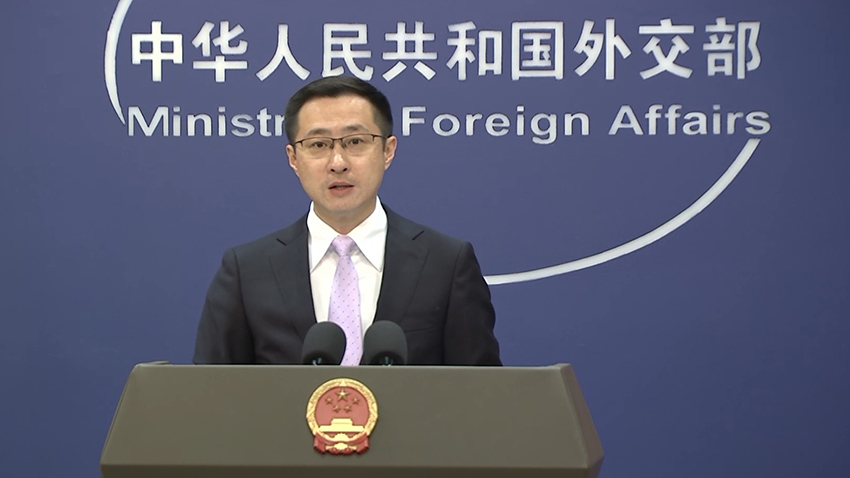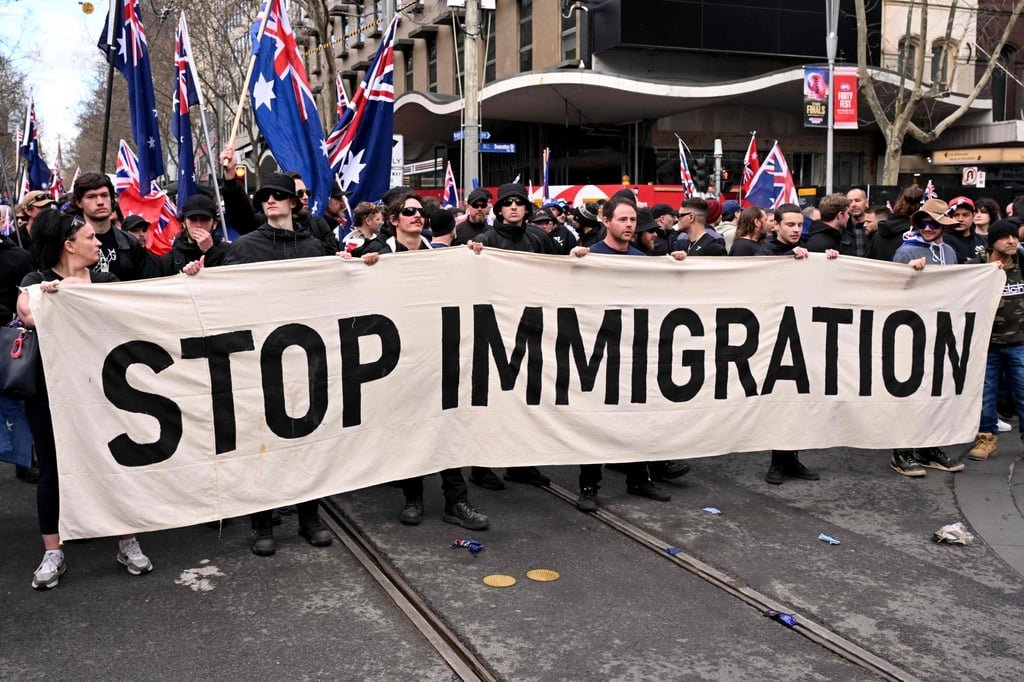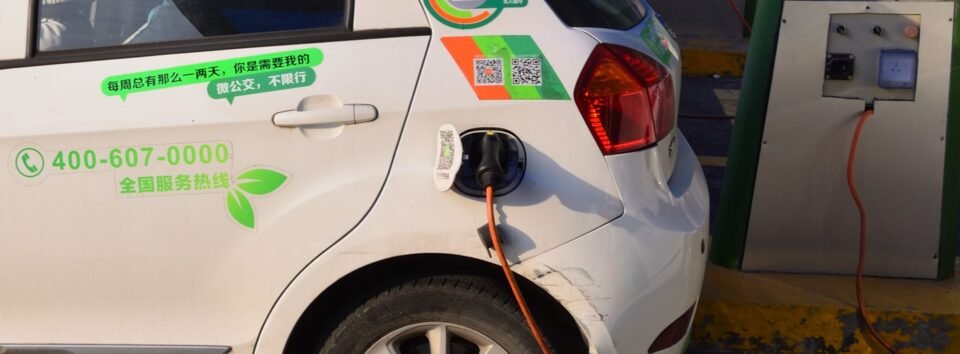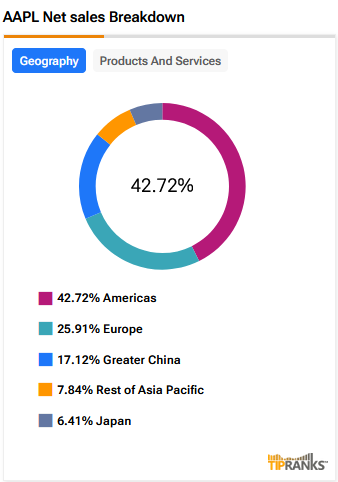After China criticized a proposed tariff hike on car imports from Asian countries that would have considerable impact on China, President Claudia Sheinbaum said her administration would seek to address the Asian giant’s concerns.
However, the president pushed back on the Chinese Foreign Affairs Ministry’s accusation that the announced tariffs were “taken under coercion to constrain China or undermine China’s legitimate rights and interests.” Sheinbaum stressed that the proposed tariffs neither target China nor are the result of U.S. pressure.

“We have a very good relationship with China and we want to continue having a very good relationship with them,” she said, insisting the measure “has to do with the strengthening of our economy and Plan México.”
On Wednesday, Mexico announced it intended to raise tariffs on car imports from Asian countries from 20% to 50% in order to protect domestic manufacturing and tens of thousands of industry jobs. While Sheinbaum insists the proposed tariffs are not intended to target any specific country, they would impact hundreds of goods from countries with which Mexico does not have trade agreements.
The newspaper The Guardian cited analysts positing that the tariffs “are designed to placate [U.S. President] Donald Trump, who has been pressuring Mexico not to act as a back door for Chinese goods into the U.S.” John Price, managing director at Americas Market Intelligence, told The Guardian that Mexico, the U.S.’s largest trading partner, “was responding to U.S. pressure while trying to protect its economy.”
China’s initial criticism of the planned tariffs echoed those journalistic observations. Then, doubling down, China’s Commerce Ministry issued a statement urging Mexico “to exercise extreme caution and consider carefully before taking any actions.”
“Any unilateral tariff increase by Mexico, even within the framework of WTO rules, would be seen as appeasement and compromise toward unilateral bullying,” the statement said.
However, during a Thursday briefing with reporters, Foreign Ministry spokesperson Lin Jian kept the door open to diplomacy, saying in a less menacing tone, “China attaches great importance to its relations with Mexico and hopes that Mexico will work with China to jointly advance world economic recovery and the development of global trade.”
The Mexico-China Chamber of Commerce also called for Mexico to reconsider the measures, according to the news agency Reuters. The chamber argued that the duties “threatened the competitiveness of goods sold in Mexico and the adoption of electric vehicles in the country.”
South Korea also reached out to Mexican officials to initiate talks.

Mexico’s Congress will debate the tariffs as the Sheinbaum administration prepares for talks over North America’s free-trade deal (USMCA), which are expected to begin in January.
El Universal columnist Mario Maldonado on Friday called the tariffs “a prelude to the renegotiation of the USMCA and the readjustment of international trade.”
He also pointed out that Sheinbaum’s insistence that the primary goal of the tariff proposal is to protect domestic industry has merit.
“Mexico’s trade deficit with China will reach US $119 billion in 2024, the largest in history, and in the first half of 2025 alone it totaled more than US $57 billion,” he wrote.
Amidst the charges and defenses, President Sheinbaum’s well-known nonconfrontational approach seemed to win the day. At her Friday morning press conference, while still insisting that the duties are not coercion measures, she said officials in her administration have already made plans to speak with China next week about the new tariffs.
With reports from Reuters, The Guardian and CNBC






